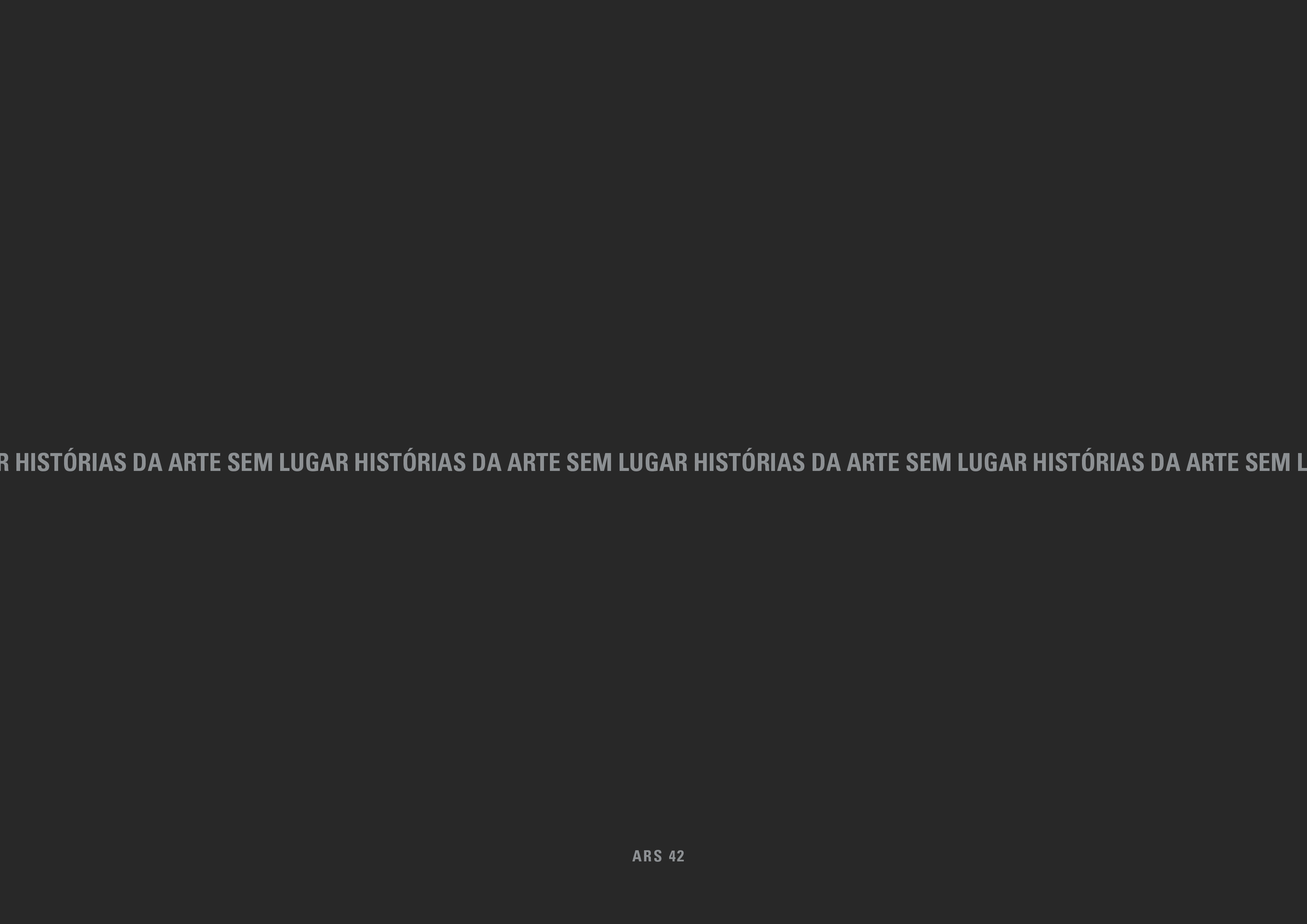Global Modernism: A View From New York
DOI:
https://doi.org/10.11606/issn.2178-0447.ars.2021.186872Keywords:
Eurocentrism, Global, Modern, Contemporary, PostcolonialAbstract
As an art critic, historian, and curator whose career began in New York City in 1980, I made a long journey from the Eurocentrism of my education to the global orientation of my current writing and teaching. The shift was propelled by my engagement with contemporary art: its “postmodern” character makes it inherently more open to a postcolonial perspective. Creating a global history of modernism from 1870 to 1970 remains a challenge, however. The conventional narrative of modern art as a series of formal innovations is inescapably sited in Europe and North America. The history of global modernism needs, instead, to address modern art as a series of responses to economic, social and political change.
Downloads
Downloads
Published
Issue
Section
License
Copyright (c) 2021 Pepe Karmel

This work is licensed under a Creative Commons Attribution-NonCommercial 4.0 International License.
The responsibility for obtaining written permission to use in the articles materials protected by copyright law lies entirely with the author(s). Ars is not responsible for copyright breaches made by its collaborators.
The authors have the copyrights and grant the journal the right of the first publication, with the article licensed under the Creative Commons BY-CC License.
Licensees have the right to copy, distribute, display, and carry out the work and make derivative works from it, including with commercial purposes, granted that they give the due credit to the author or licensor, as specified by them.
Licensees compromise to inform the appropriate credit, provide a link to the license, and indicate if changes were made.
Respected the terms of the license, the licensors/authors are not allowed to revoke the conditions above mentioned.
After the publication of the articles, the authors keep the copyrights and the rights to republish the text exclusively in unpublished books and collections.



